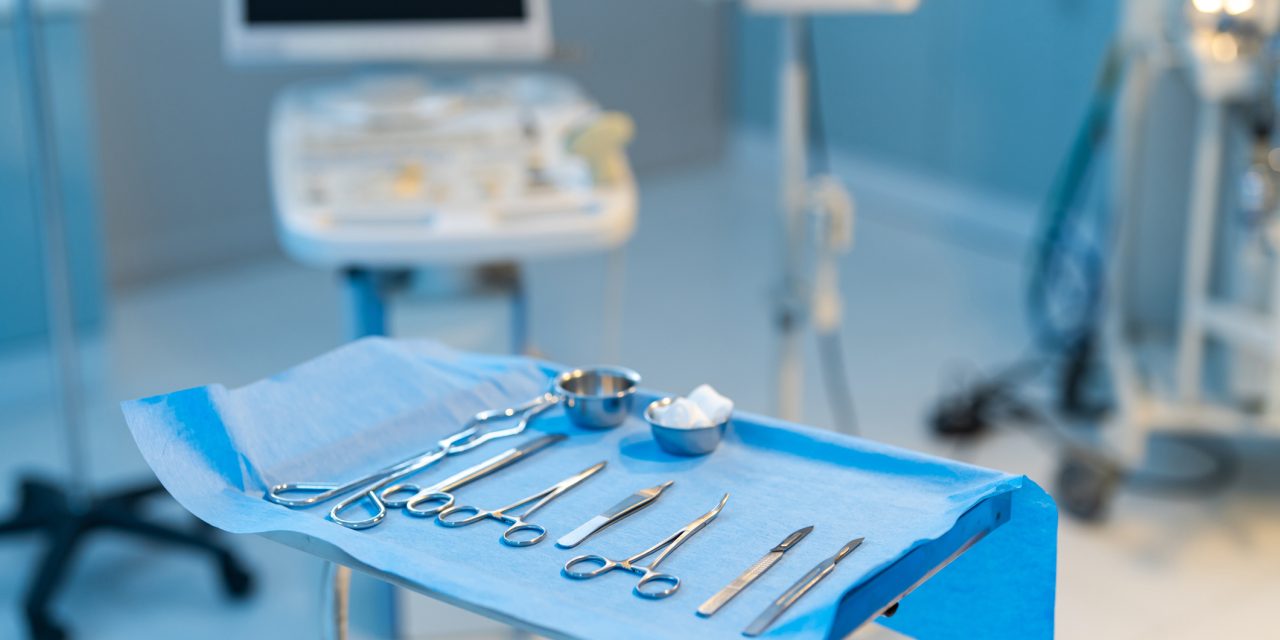Crossmatching of prospective renal transplant donors against recipients is a mandatory component of the transplant workup, being performed for over 40 years now. Allografting patients with human leukocyte antigens which are recognized by preformed antibodies constitutes the main cause of hyperacute or acute rejections. The existence of these donor-specific anti-human leukocyte antigen antibodies (DSAs) is regarded as a contraindication for graft trans-plantation, both cadaveric and live kidney. We present two unusual cases in which both complement-dependent cytotoxicity crossmatch and DSA by Luminex were falsely positive due to autoimmune and infectious causes, but single-antigen bead assay showed these antibodies to be against nondonor antigens. After treating their basic disease, thought to be responsible for false-positive DSA, these patients became DSA negative and underwent transplantation with an uneventful posttransplant period. Our aim through these examples is to highlight the problem of false-positive crossmatch in potential renal allograft transplant recipients. Further, we propose antigenic determination of donor-specific antibodies in such patients where we suspect the immune system to be chronically activated to pick up false-positive cases and therefore increase the donor pool without compromising the transplant outcome.
Red herrings in crossmatching kidneys for transplant.


